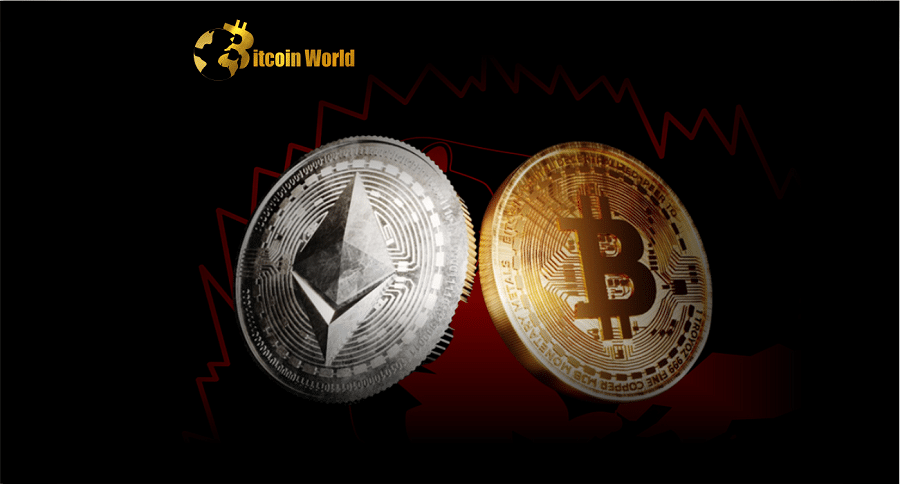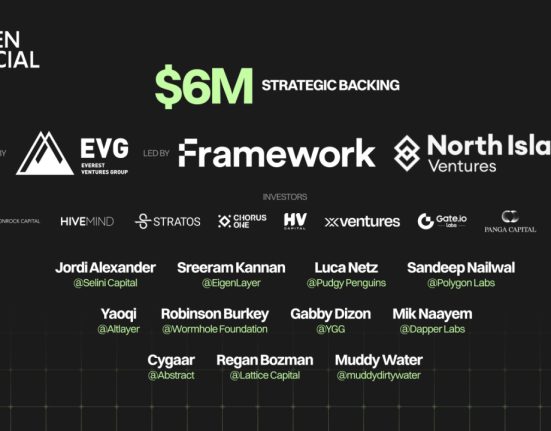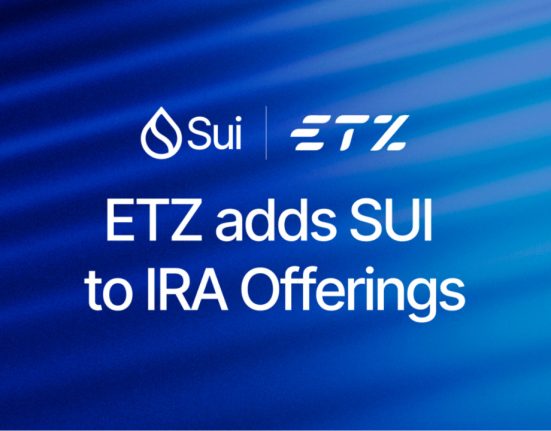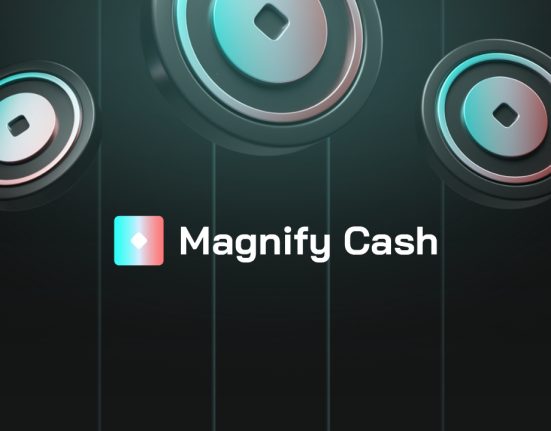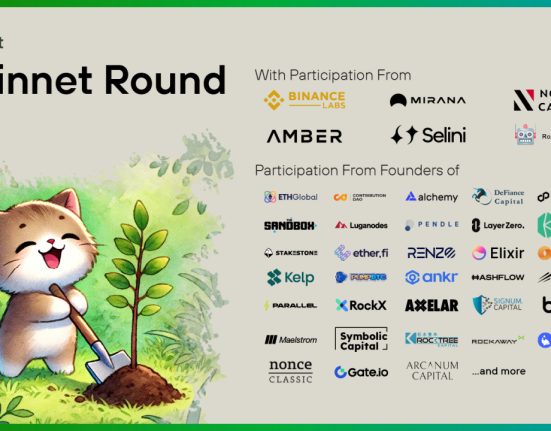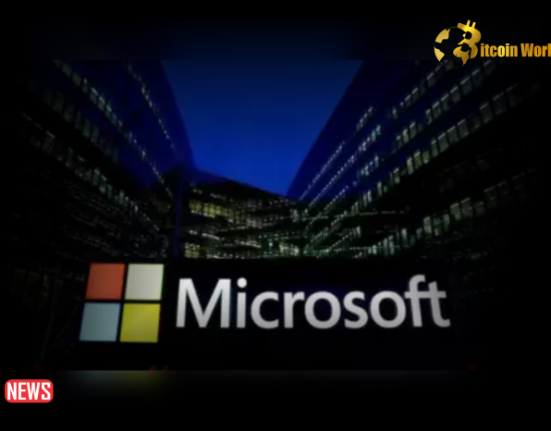The value of all cryptoassets has increased significantly in recent years, and in November 2021, it will be worth more than $3 billion. The bitcoin market is ready to continue the trend and experience explosive growth in a new sector.
The real-world asset sector (RWA) is expected to alter the direction of the developing business, claims the decentralized financial specialist going by the nickname “Edgy.” By 2030, Edgy predicts that the market value of real-world assets might reach $16 trillion, which would serve as a catalyst for the adoption of cryptocurrencies.
Real-world assets including real estate, commodities, and other tangible assets are tokenized by the real-world asset sector using blockchain technology. Tokenization refers to turning an asset’s ownership into digital tokens that may be sold on a blockchain-based platform, opening up the asset to additional potential investors.
A blockchain-based platform is used to build a digital representation of a physical asset in order to tokenize it. Investors can purchase and sell the smaller units, or tokens, that make up this digital representation. The asset can be exchanged on a cryptocurrency exchange like any other asset once it has been tokenized.
In light of this, Edgy posits that specific elements may serve as “catalysts” to help the real-world asset sector grow and achieve its goal of reaching $16 trillion by 2030. Some of them are as follows: There are rumors that Amazon’s NFTs are connected to physical assets. According to reports, the US multinational conglomerate intends to introduce its own NFT platform, which might be connected to physical assets.
In addition, Goldman Sachs introduced the GS Dap to tokenize conventional assets. The top financial institution has unveiled GS Dap, a blockchain-based platform that enables traditional assets like loans and bonds to be tokenized and traded on a blockchain-based platform.
Likewise, the $60 million bond from Siemens, a technology business, was tokenized on the Polygon Network. The promise of blockchain-based platforms for the crypto and real-world asset sectors was demonstrated by this bond, which was the first corporate bond to be issued utilizing blockchain technology.
The potential of the real-world asset sector and its capacity to expand and have an impact on different facets of the global economy may be much greater than the “catalysts” previously discussed. The CEO of Circle, Jeremy Allaire, predicts that tokenized assets and contracts will spread within the next five to ten years.
The revelation that Homebase, a business that specializes in tokenized real estate, has successfully sold out its first tokenized rental property on the Santander blockchain in less than two weeks was the immediate cause of Allaire’s remarks.
Edgy highlights the advantages of the real-world asset sector, such as cost reductions, enhanced accessibility for smaller investors, and improved access to funding through tokenized assets, in addition to the possibility for growth within the cryptocurrency business.
By tokenizing assets, the RWA sector eliminates middlemen like brokers and other rent seekers and enables direct ownership and trade of assets. An investor can acquire a portion of a property if they are unable to purchase the complete thing.
Furthermore, tokenized assets can be used as loan collateral, which might assist companies who might have trouble obtaining traditional forms of funding. This is advantageous for companies operating in emerging regions where access to money may be constrained.
In general, the sector’s advantages include improved accessibility and liquidity of typically illiquid assets, lower transaction costs, and more effective asset acquisition and disposal. Further advantages are likely to surface as the market develops, fueling the sector’s expansion and acceptance.

